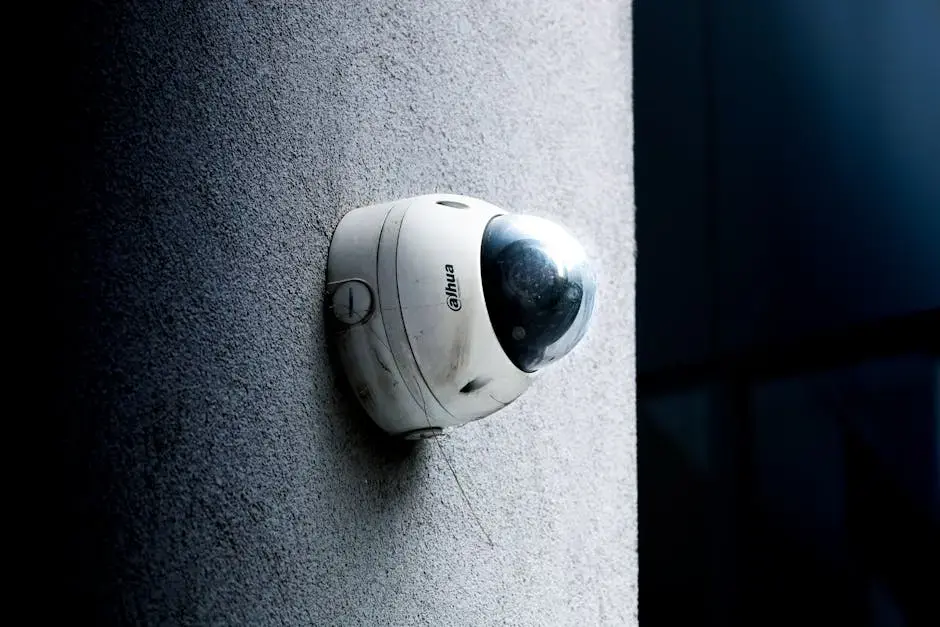How Can a Personal Protection Officer Ensure My Safety?
- Kfir Goldin
- Dec 22, 2024
- 4 min read
In today's world, personal safety is a priority for many people. Hiring a personal protection officer (PPO) can greatly enhance your security and peace of mind. In this FAQ, we will explore how a PPO can help ensure your safety through various strategies and approaches.

Understand the Role of a Personal Protection Officer
Learn what a personal protection officer does and how they can assist you in maintaining safety.
A personal protection officer is more than just a bodyguard; they are your first line of defense against potential threats. Their primary role is to assess your environment, identify risks, and implement measures to ensure your safety. This proactive approach enables you to navigate your daily life with confidence.
Importantly, a PPO also serves as a strategic advisor. They offer insights into maintaining personal safety in various situations—whether you're at home, in transit, or attending public events. They’re trained to deter threats and respond effectively should an incident occur, making them invaluable in unpredictable situations.
Moreover, personal protection officers often provide education on safety awareness, helping you recognize and avoid potentially dangerous scenarios. This ongoing education empowers you to take an active role in your own safety, minimizing risks before they escalate.
Assess Your Personal Security Needs
Identify your specific safety concerns and discuss them with a sworn PPO to develop a tailored security strategy.
The first step in enhancing your safety is understanding what you're up against. Every individual has unique circumstances that might necessitate different security measures. It’s essential to assess your lifestyle, the places you frequent, and any known threats you might face. A qualified PPO can help you analyze these factors comprehensively.
During the assessment, your PPO will likely ask probing questions regarding your daily routines and any incidents you may have experienced in the past. This dialogue builds a foundational understanding of your security needs and helps in customizing an approach that aligns with your personal comfort levels.
Once you’ve articulated your concerns, your PPO can evaluate the potential risks and recommend specific solutions—from behavioral tactics like situational awareness training to physical security options such as surveillance systems or secure transportation. This personalized approach is key to establishing an effective safety protocol.
Choose a Qualified Personal Protection Officer
Select a PPO with the right credentials, experience, and training to meet your personal safety requirements.
Finding a qualified personal protection officer is crucial for ensuring your security. A PPO should have certifications that validate their training, such as courses in personal defense, emergency response, and risk assessment. These qualifications provide assurance that they have the expertise necessary to protect you effectively.
Experience plays an equally vital role. A PPO with a background in law enforcement or military service brings a wealth of practical knowledge to the table. They are trained to think on their feet and handle high-pressure situations, giving them the skills to respond aptly in the face of danger.
Don't forget to conduct interviews or consultations before making a decision. Personal connection and mutual trust are essential when hiring a PPO. You must feel comfortable communicating your needs openly; your safety may depend on it.
Implement a Safety Plan
Collaborate with your PPO to create a comprehensive safety plan that addresses potential threats and outlines emergency protocols.
Creating a safety plan is a collaborative effort. Your PPO will work closely with you to ensure that it reflects your specific needs and concerns. A well-developed safety plan encompasses everything from daily routines to emergency procedures, providing a structured approach to security.
This plan also includes contingencies for unexpected situations. For example, your PPO might suggest safe routes to take when traveling, safe words to communicate during a stressful situation, or protocols for dealing with trespassers at home. The more comprehensive your plan, the better your preparation will be.
Regular drills can further strengthen your safety strategy. Practicing your response to various scenarios with your PPO fosters familiarity and reduces anxiety during high-stress events. Understanding your safety plan inside and out will make you feel more secure.
Regularly Review and Update Your Security Measures
Schedule regular assessments with your PPO to ensure your safety measures remain effective as your circumstances change.
Safety is not a one-time checklist; it requires ongoing attention. As your life evolves—whether you’re changing jobs, moving to a new neighborhood, or experiencing shifts in personal relationships—your security needs may also change. Regular consultations with your PPO can help identify areas that need updates.
Your PPO should provide insights based on their observations and any recent evaluations of crime trends in your area. By staying informed, you can adapt your safety measures to address new risks, ensuring that your personal protection remains robust and relevant.
Regular reviews of your security plan also allow you to re-evaluate your comfort levels. What felt necessary a year ago may no longer be relevant. Engaging in open discussions with your PPO during these assessments can encourage modifications that better suit your lifestyle.
Summing It All Up
A personal protection officer plays a crucial role in safeguarding individuals from potential threats. By understanding their methods and approaches, you can make an informed decision about hiring a PPO for your safety needs.




Comments